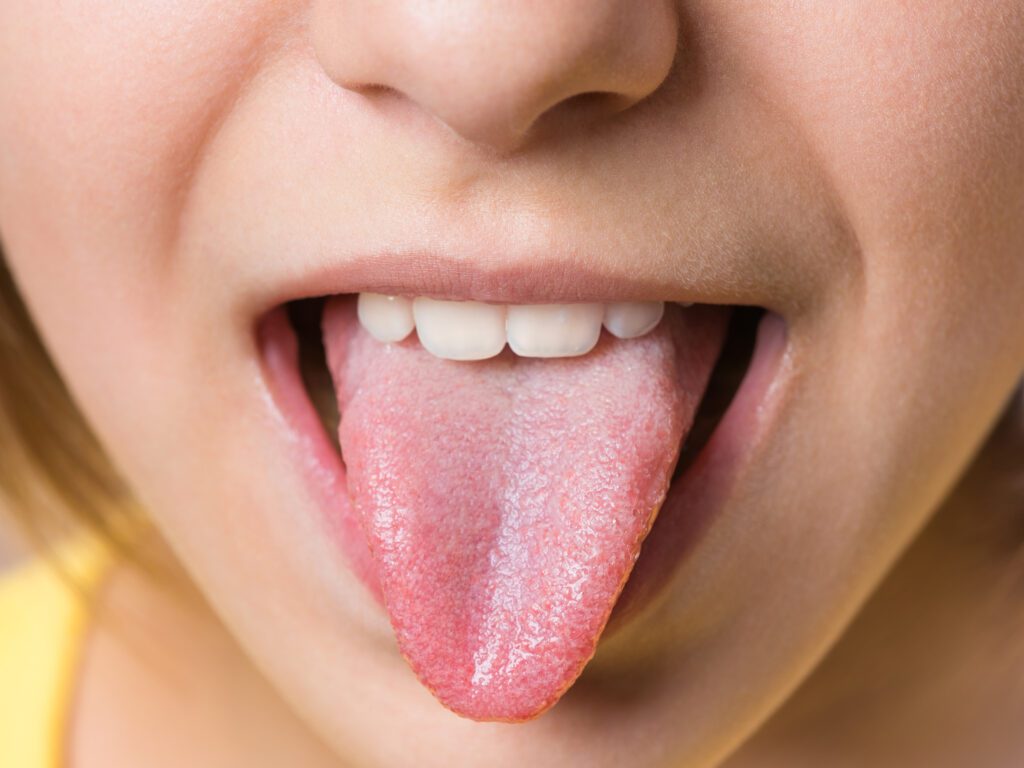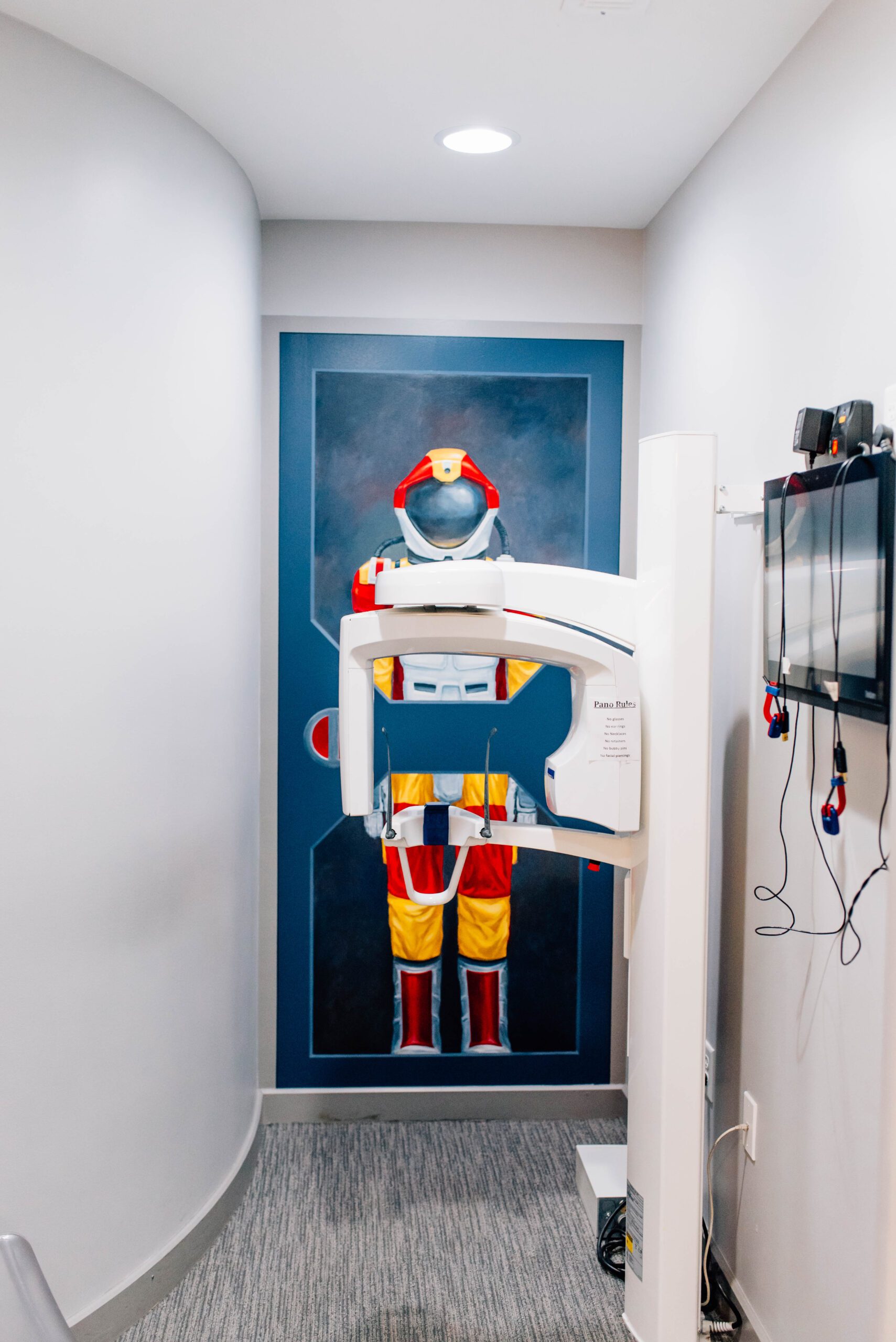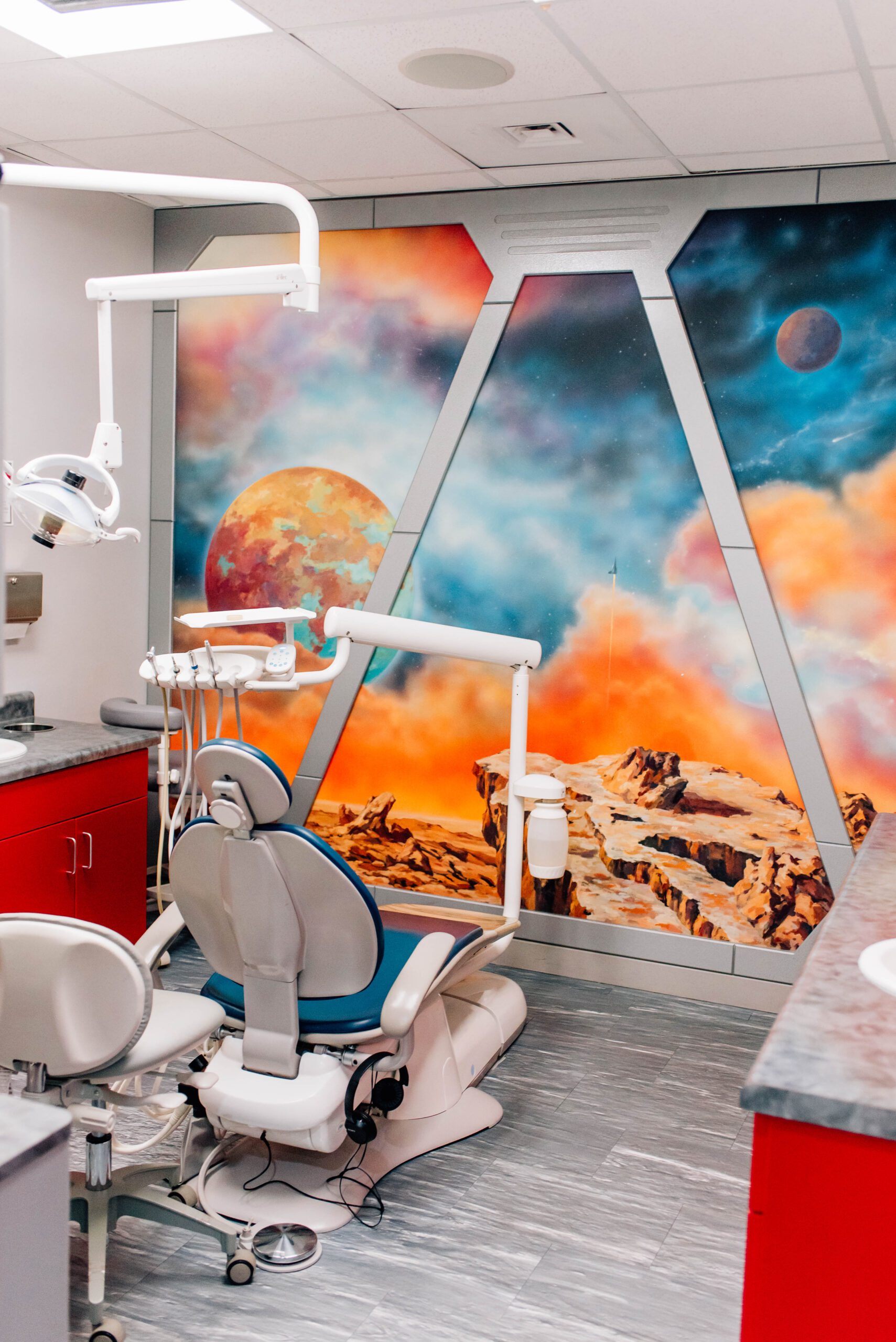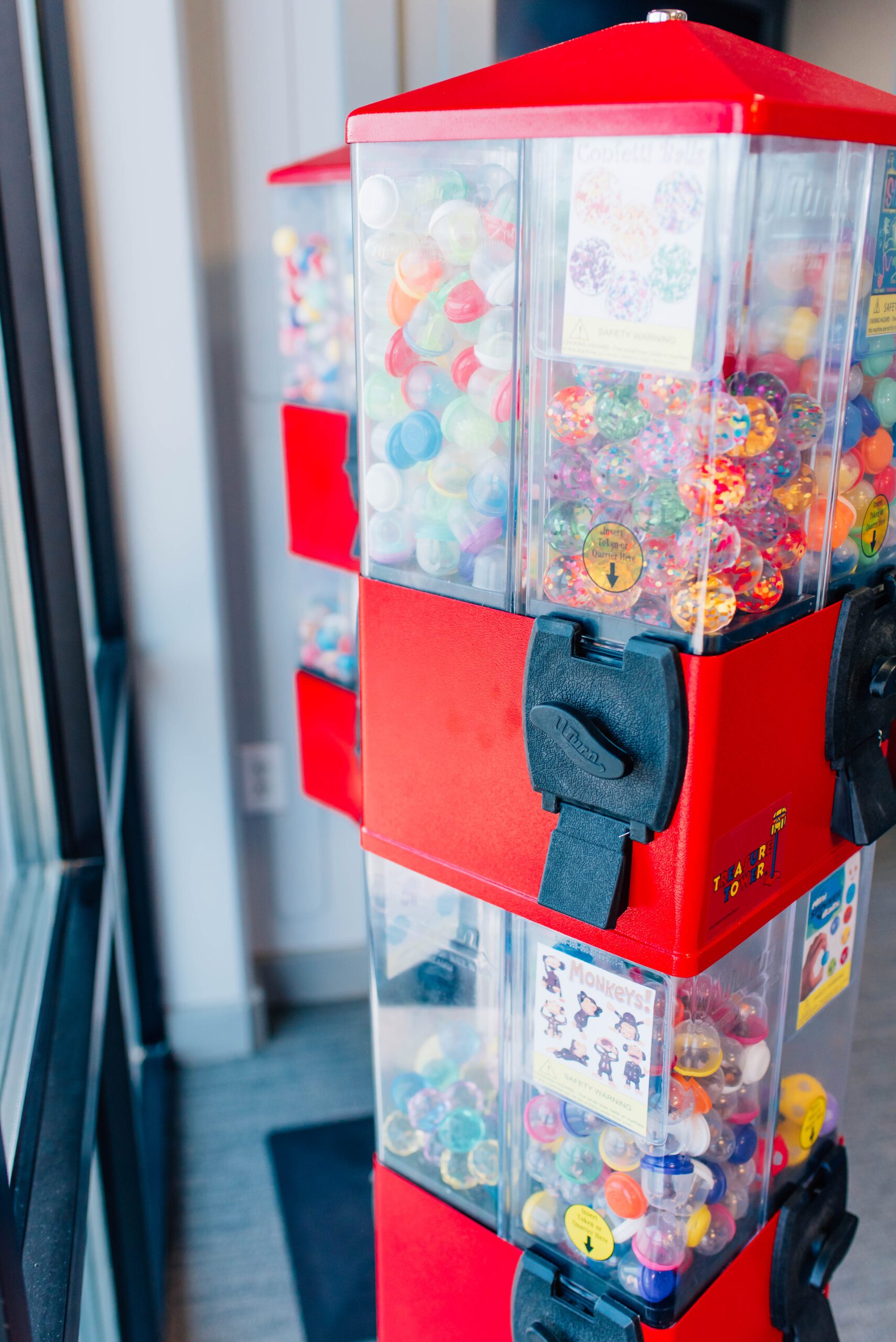
As parents, we always want our children to be healthy. At the top of the oral health list, we often worry about things like cavities, gum disease, and making sure they brush their teeth properly. But there’s another important oral health issue we might not think about as much: oral cancer. While it’s usually associated with adults, the question remains: Can kids get oral cancer?
Although it’s rare in children compared to adults, the short answer is yes. Oral cancer refers to cancer that develops in any part of the mouth, including the lips, tongue, cheeks, floor of the mouth, hard and soft palate, sinuses, and throat. It can affect people of any age, but certain risk factors increase the likelihood of developing oral cancer.
Risk Factors for Oral Cancer in Children:
Genetics: Genetics can play a role in oral cancer risk for some children. If there’s a family history of oral or other cancers, it’s important to talk to your pediatric dentist about it.
Sun Exposure: Too much sun can raise the risk of lip cancer due to UV radiation. Children who spend a long time outside without proper protection, like SPF lip balm and hats, might be at risk.
Tobacco and Alcohol Exposure: Exposure to tobacco and alcohol is a significant risk for oral cancer in adults. Kids exposed to secondhand smoke or alcohol at a young age may also be at risk. It’s important to teach children about the dangers of tobacco and alcohol and create a smoke-free, alcohol-free environment.
HPV Infection: Human papillomavirus (HPV) infection increases the risk of oral cancer in both teens and adults. More young people, especially those in their late teens and early twenties, are developing HPV-related oral cancers.
Signs and Symptoms to Watch For:
- Persistent mouth sores that do not heal
- Red or white patches inside the mouth
- Swelling, lumps, or thickening of the mouth tissues
- Difficulty chewing or swallowing
- Persistent sore throat or hoarseness
- Numbness or tingling in the mouth or lips
While these symptoms can be indicative of various oral health issues, including infections and injuries, it’s important to have them evaluated by a pediatric dentist if they persist for more than two weeks or if there are any concerns. Regular dental check-ups are important for early detection. Pediatric dentists are trained to recognize the signs of oral cancer and can perform thorough oral examinations as part of routine dental visits.
Although oral cancer in children is not common, it’s important for parents to know about the things that can increase the chances of it happening and the signs to look out for. By encouraging healthy habits and taking kids to the dentist regularly, parents can lower the risk of oral cancer and catch any problems early. Early detection is key to saving lives.




